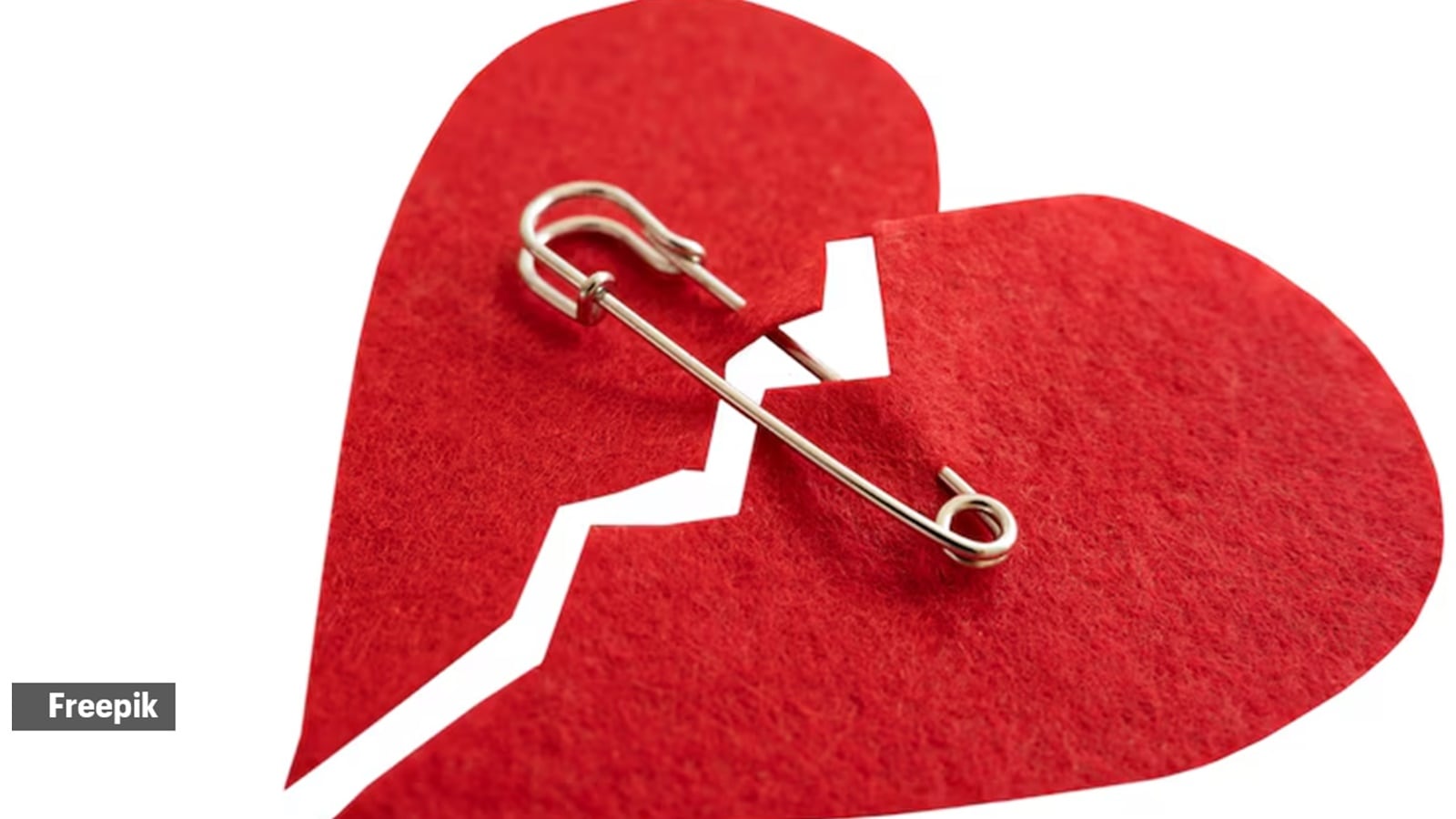📣 For more lifestyle news, click here to join our WhatsApp Channel and also follow us on Instagram
Janhvi Kapoor may call emotional cheating a ‘deal breaker’, but here’s what the Internet thinks
We are quick to take sides — to find the villain, the victim, and decide which form of cheating is “worse”. But intimate relationships rarely work in black and white.
 Emotional vs physical cheating: which is worse? (Source: Instagram/@indiamemes,@primevideoin)
Emotional vs physical cheating: which is worse? (Source: Instagram/@indiamemes,@primevideoin)“We’re just close friends” — a line that can send shivers down anyone’s spine. Secret conversations, phone screens turned upside down, late-night calls that don’t add up — the perfect recipe for heartbreak.
Drishti Singhai knows this feeling too well. The 25-year-old public relations consultant ended a two-year long-distance relationship after following her gut. Her suspicion proved right when her ex-partner soon married the other woman. “For me, emotional cheating begins long before anything physical happens. The moment someone else gets the attention and care your partner deserves, the relationship is already compromised,” she said.
From the viral meme “Waah Shampy Waah” to Janhvi Kapoor’s confession on Kajol and Twinkle Khanna’s show Two Much, social media is once again divided over what counts as cheating. Kapoor said she believes “emotional cheating hurts worse than physical cheating”, calling it a deal breaker.
Whether you empathise with a betrayed spouse or advocate non-monogamy, infidelity is rarely straightforward.
Chandrima Bandyopadhyay (name changed) sought solace outside while navigating a troubled relationship. What began as a conversation about exploring non-monogamy turned into an honest dialogue with her partner about fear, attachment, and conditioning. “I realised I find it hard to conform to the idea of lifelong loyalty to one person when it comes to physical attraction,” she said.
“I’m deeply loyal to my partner and love him more than anything. But that doesn’t mean I can’t feel attracted to someone else — or that he can’t,” she told indianexpress.com.
For her, relationships should not be boxed into rigid roles. “They don’t have to be your lover, your friend, your therapist, and your caregiver all at once. Healthy boundaries and transparency can add a new dimension — if you remove the fear of ‘infidelity’,” she added.
View this post on Instagram
For Rupali Rani, however, infidelity is infidelity. “Whether emotional or physical, both break the same thing — trust. The moment you start giving someone else your thoughts, your emotions, your attention — you’ve crossed the line,” the media professional said.
Counselling psychologist Divya Srivastava explained that the impulse to rank emotional versus physical betrayal stems from our desire for certainty. “People think, ‘If I know what’s worse, maybe I can protect myself.’ But relationships don’t work that way — both forms of betrayal can be deeply painful,” she said.
According to Srivastava, physical infidelity disrupts the sense of safety in a relationship — trust, boundaries, and shared agreements. Emotional infidelity, meanwhile, ruptures belonging. “I’ve heard people say, ‘It’s not that you were with someone else — it’s that you gave someone else the part of you that was supposed to be mine,’” she noted.
Counselling psychologist Priya Parulekar added that emotional cheating often signals that the relationship has already ended psychologically. “The betrayal is harder to recover from because there’s no clear event to grieve — just a gradual fading. It distorts self-perception and damages one’s ability to trust their own intuition,” she said.
What hurts more depends on what commitment means to each person. “For someone with a history of emotional neglect, emotional betrayal feels like abandonment. For someone who values sexual exclusivity, physical infidelity is devastating,” said Srivastava.
Infidelity, in any form, can trigger:
anxiety
hypervigilance
grief
low self-esteem
shame, or
control-seeking behaviours.
Even those who cheat may experience guilt, confusion, or identity conflict — particularly when it stems from unmet emotional needs.
Srivastava noted that infidelity is often a symptom, not a cause. “It’s a reflection of underlying disconnection — but recognising that doesn’t mean justifying it,” she said.
 Is cheating ever justified? (Source: Freepik)
Is cheating ever justified? (Source: Freepik)
What’s the way forward?
In Indian culture, we’re conditioned to find fault and assign blame. But relationships are not moral binaries — they’re made of histories, attachment patterns, expectations, and the small daily negotiations between two people.
Srivastava suggested three healing steps:
Talk about what the betrayal symbolises, not just what happened. Did it awaken old wounds of abandonment or worthiness?
Listen to understand, not to defend. Allow both sides to speak their truths without rushing to fix things.
Seek support. Sometimes, repair requires a neutral space — a therapist who can hold both sides with empathy.
Psychologist Dr Rimpa Sarkar added that healing requires honesty, ownership, and consistent transparency. “Many people emotionally cheat even if they love their partner — sometimes for validation or thrill. It doesn’t always mean love is gone, but communication has weakened,” she said.
To prevent emotional or physical cheating, she advised addressing distance early. “If you sense disconnection or the urge to seek intimacy outside, talk before acting on it. Communication is prevention.”
Relationships, Sarkar said, are not defined by the absence of mistakes but by the willingness to repair. “There is always a way forward — whether that means healing together or parting with dignity. No one should have to navigate it in silence.”
DISCLAIMER: This article is based on information from the public domain and/or the experts we spoke to. Always consult your health practitioner before starting any routine.
📣 For more lifestyle news, click here to join our WhatsApp Channel and also follow us on Instagram





- 01
- 02
- 03
- 04
- 05























